Legal with Leah: OFBF files U.S. Supreme Court brief
In the case O’Connor v. Eubanks, the question is, can a state be sued in federal court when it takes a property?
Read MoreNews out of Iowa that a private company has filed to use eminent domain to construct a carbon pipeline has raised lots of questions in Ohio. The good news is Iowa law does not impact Ohioans.
News out of Iowa that a private company has filed to use eminent domain to construct a carbon pipeline has raised lots of questions here in Ohio. In this Legal with Leah, Ohio Farm Bureau Policy Counsel Leah Curtis talks about the differences in Iowa and Ohio laws and if something like this could happen in the Buckeye State.
Listen to Legal with Leah, a podcast featuring Ohio Farm Bureau’s Policy Counsel Leah Curtis discussing topics impacting farmers and landowners.
Ty Higgins [00:00:00] We’re getting some news out of Iowa that a private company has filed to use eminent domain to construct a carbon pipeline. That’s raised a lot of questions right here in the Buckeye State. Leah Curtis joins us. She’s policy counsel with Ohio Farm Bureau for this legal with Leah.
Ty Higgins [00:00:14] What’s happening with our friends in Iowa?
Leah Curtis [00:00:17] So, like you said, a company has proposed to build a carbon pipeline. It’s actually going to be carbon dioxide that is in the pipeline. It’s going to be from things like ethanol plants, other industries. And they’re going to move that into other states where there are conditions that are ripe for storing that. So this is sort of a carbon sequestration process.
Ty Higgins [00:00:39] Where does eminent domain come into play here?
Leah Curtis [00:00:41] So the idea that eminent domain would be used for this has been kind of circulating. If you’ve read some ag publications from out that way, you’ve certainly seen it for probably the last year or so. They have acquired a number of parcels that they need privately through probably easements or even I don’t know if they’ve purchased, but they always could. But they have filed for eminent domain for approval for about 42 different land parcels. So they will be working through their state process to determine if they can take that by eminent domain and move forward with that pipeline.
Ty Higgins [00:01:13] Would this happen in Ohio?
Leah Curtis [00:01:15] So Ohio and Iowa are both four letters, but were different states. Always keep that in mind. Every state has different laws and a different process around eminent domain. Every state has it. But how it happens and who gets to use it is going to be different depending on the state. So in Iowa, their utilities board is who kind of approves these eminent domain actions versus in Ohio, our utilities go through that process at the utilities board, but then everything kind of goes through the court process as well. So we have a little bit of a different process and we do have a pending case. If you go back a few episodes here, we talked about the Burns case. That case is dealing with when eminent domain can be used for utilities. And what is the extent of that approval and how does the Public Utilities Commission play into that process? So we have argued in that case that the courts are who have that final role, and we hope that that’ll be what we end up with in that decision. But, Iowa is going to have a very different process. In Ohio we’re going to have to go through a different few steps for anything like this just to even start to happen.
Ty Higgins [00:02:23] Ohio law does allow for eminent domain when it comes to certain pipelines, though.
Leah Curtis [00:02:28] Yes. So our law does allow for pipelines, but it kind of is explicit in the types of pipelines. So it says that I’m going to read here because I don’t want to forget anybody. Pipelines that carry petroleum, that carry natural gas, artificial gas, coal, derivatives of coal, and water, I think that’s everything that’s in the statute. So that’s very specific to the types of things. So we haven’t had our Supreme Court really talk about what about these other things like carbon dioxide. Does carbon dioxide really fit into any of those buckets? So it’s going to be a different discussion here in Ohio because we’re going to have to somehow figure out what are the limits of that statute. And, would that really fit into any of those buckets? That’s going to be a little bit more of a challenge here.
Ty Higgins [00:03:11] We see these news headlines and we think that those laws are across the board. We have to be a little bit more cautious when we read those headlines, knowing that things are different between state lines.
Leah Curtis [00:03:19] So we, not just with pipelines, with lots of different issues, people will call in and say, well, I know somebody who lives in Nebraska and this is how it works there. And that is great for Nebraskans. But every state legislature is in charge of their own state. And so we have very different situations. And sometimes things may sound really great that other states have, but in reality, maybe they don’t work so well. For example, Iowa actually has a law that you can’t take farmland by eminent domain without consent. But through the process with the Dakota Access pipeline, I believe, their court determined that that didn’t apply when it was a utility situation. So that sounds really great on paper, but in practice it’s not applying to these types of situations. So, we always have to kind of look at what is the situation in Ohio, what does Ohio law say, and then what do we need to do and address in Ohio law.
Ty Higgins [00:04:10] How is Farm Bureau working on this?
Leah Curtis [00:04:12] So we are currently working on eminent domain as one of our priority issues. We’ve been successful in having an eminent domain reform bill introduced in the legislature this year. So we’ve been working through that. And then there’s a lot of strength in eminent domain in our landowners and our members taking those cases to court. And as we’ve talked about in several episodes in the past year, we’re involved in multiple lawsuits currently as an amicus where we’re arguing for from a policy perspective of the need for that eminent domain protection for landowners.
And a lot of eminent domain law, a lot of the situations that happen, they come from those court decisions where the court is interpreting the law as it’s written and kind of filling in those gaps because we can’t write a law for every situation. So certainly Ohio Farm Bureau, not only in the legislative side but then on the judicial and the litigation side, we’re working to make sure that when those gaps get filled in, they fill in in a way that’s beneficial and protective of landowners.


In the case O’Connor v. Eubanks, the question is, can a state be sued in federal court when it takes a property?
Read More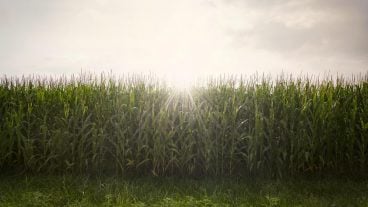
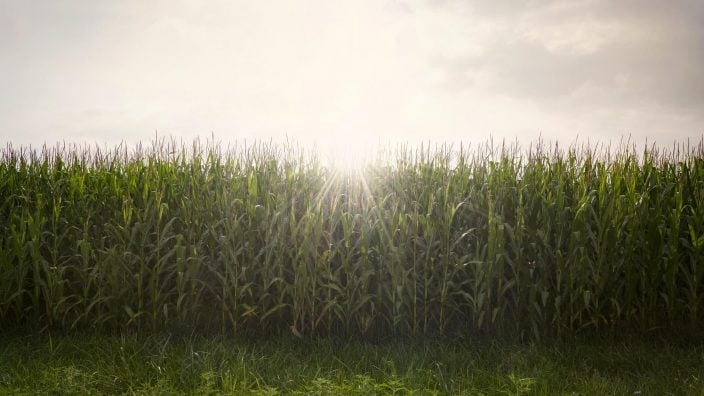
The 3rd District Court of Appeals ruled that Columbia Gas of Ohio did not demonstrate that taking of the property was a necessity, and that further review was warranted of the agricultural easement issue.
Read More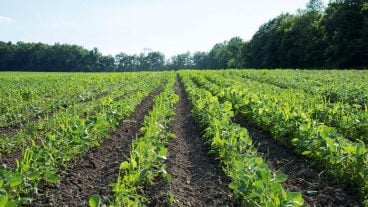
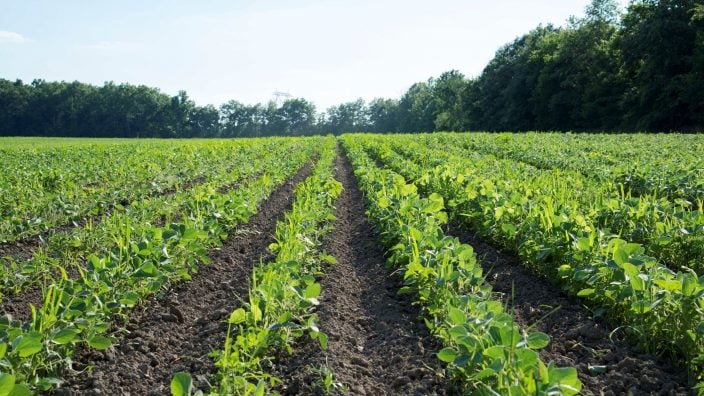
The 3rd District Court of Appeals upholds denial of eminent domain for gas pipeline. Court also recognizes the public purpose of farmland easements.
Read More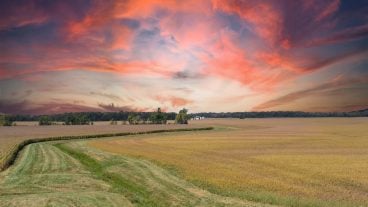
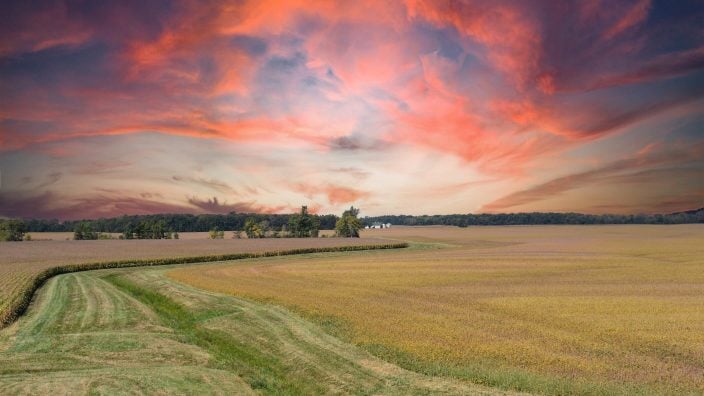
In addition to the testimony in support of HB 64, Ohio Farm Bureau is asking members to contact their state representative to voice their support for eminent domain reform.
Read More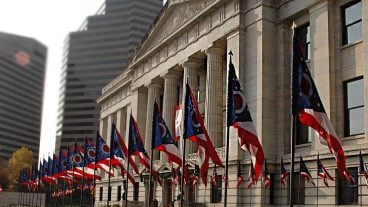
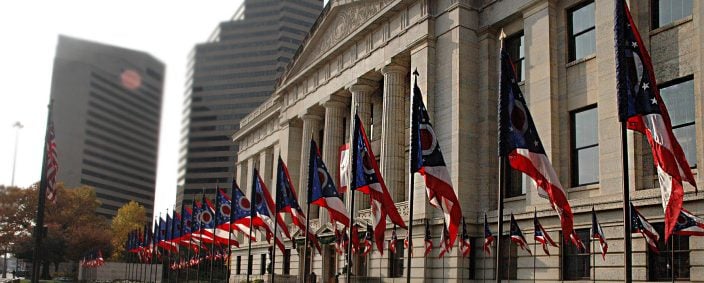
A bill introduced by State Representatives Darrell Kick and Rodney Creech would create a more direct legal route for a landowner to receive compensation when property is taken by the government without compensation.
Read More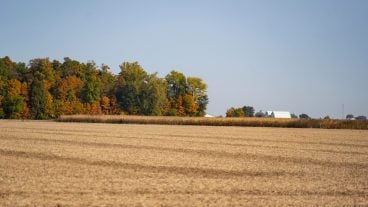
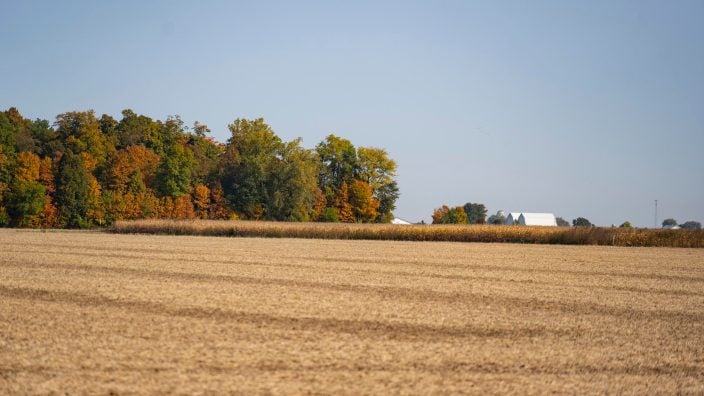
News out of Iowa that a private company has filed to use eminent domain to construct a carbon pipeline has raised lots of questions in Ohio.
Read More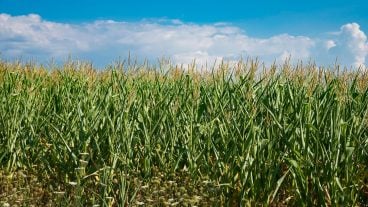
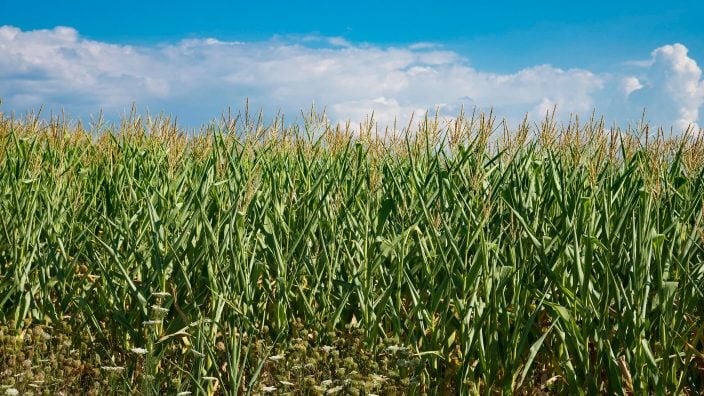
Ohio Farm Bureau and the Union County Farm Bureau recently filed an amicus brief in a case with potential impacts to farmland preservation programs.
Read More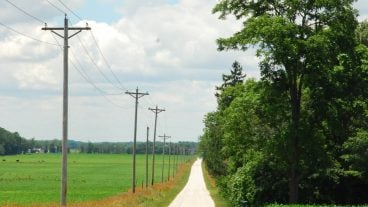
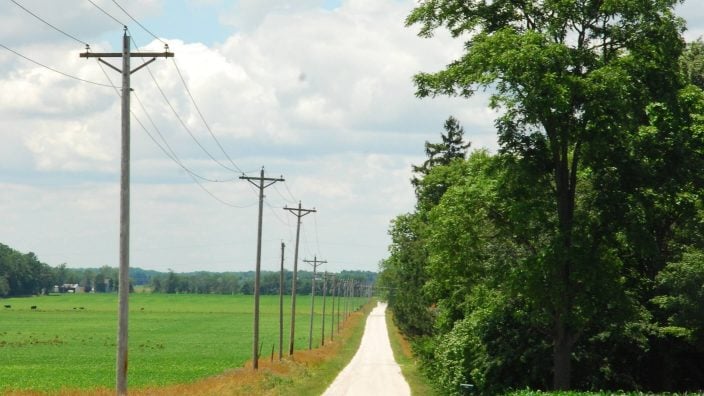
Landowners should have the right to challenge and make sure that a taking is necessary and that it’s limited to what is actually necessary so that the law is upheld.
Read More

JobsOhio is a private nonprofit economic development corporation designed to drive job creation and new capital investment in Ohio through business attraction, retention, and expansion.
Read More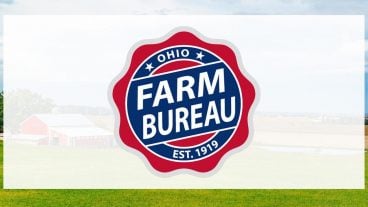
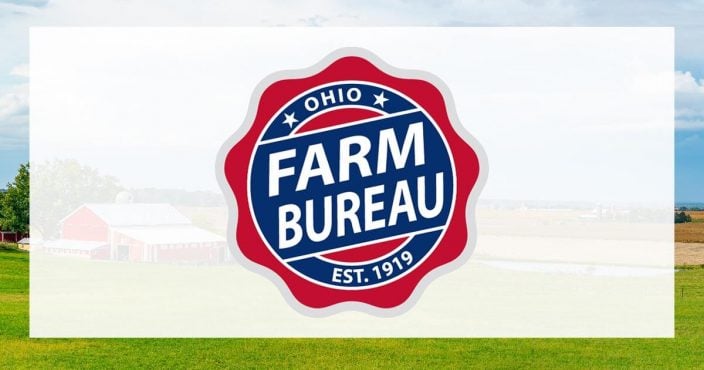
Farm Bureau is currently working with the Legislature to address eminent domain reform as a priority issue.
Read More